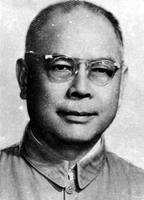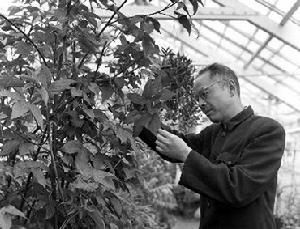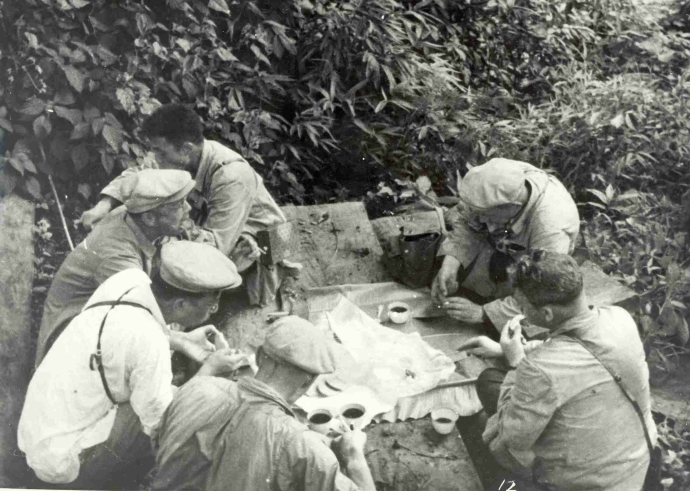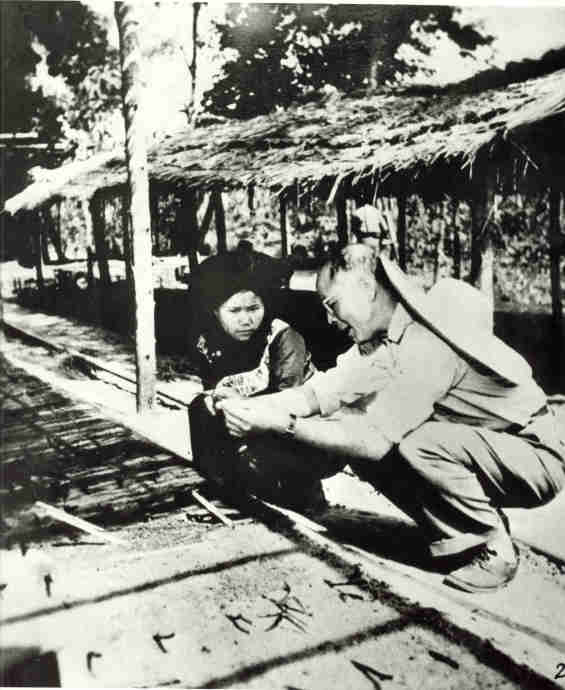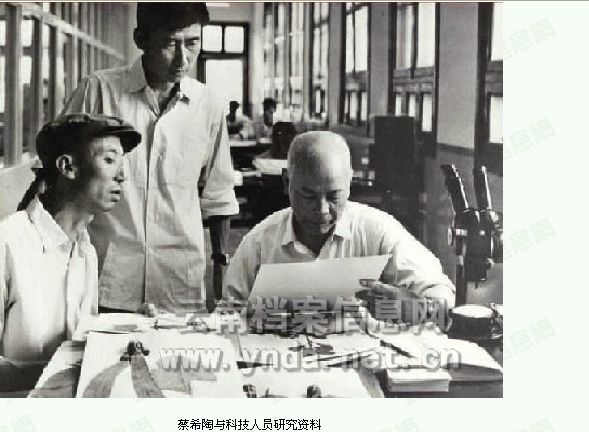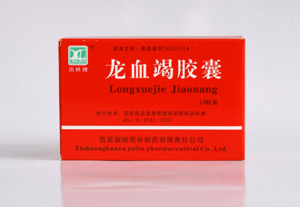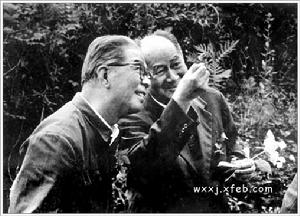| About Us |
| News |
| Announcement |
| Research |
| Conservation & Horticulture |
| Public Education |
| Graduate Study |
| Scientist |
| International Cooperation |
| Resources |
| Annual Reports |
| Publications & Papers |
| Visit XTBG |
| Societies |
| XTBG Seminar |
| Open Positions |
| CAS-SEABRI |
| PFS-Tropical Asia |
| Links |
| Location:Home > International Cooperation > Int’l Cooperation News |
| Prof. Cai Xitao honored one of “People Who Moved Yunnan” |
|
|
Based on the votes for these roles models, Prof. Cai Xitao, an eminent late botanist and founder of XTBG, is honored one of the “60 People Who have Moved Yunnan since the Founding of China”, in recognition of his outstanding contributions to the tobacco and rubber industries, and the devotion to botanical studies.
Prof. Cai Xitao (1911.04-1981.03) was native to
Mr. Cai Xitao knocked open the gate to the
Since 1930s, Prof. Cai Xitao kept on a comprehensive and deep investigation of plant resources in Later, he organized field investigations for rubber plantation and discovered that the area from latitude 21°N to 23°N was suitable for growing rubber trees. Today, tobacco and rubber have become two of the most important economic industries in
In addition to the development of tobacco and rubber industries, Prof. Cai Xitao has made important contributions to perfume industry, cultivation and utilization of medicinal plants and protection of tropical rain forests in
The discovery of Dragon’s Blood tree in
Xishuangbanna Tropical Botanical Garden (XTBG) founded by Professor Cai has now become an important research base for tropical botany and an attractive destination for tourists from both
Prof. Cai Xitao’s devotion to botanical research is spiritual treasures for the younger generations. “The tree of his life is evergreen”, said Mr. Xu Chi, a well-known writer of
|
| Appendix Download |
|
|

